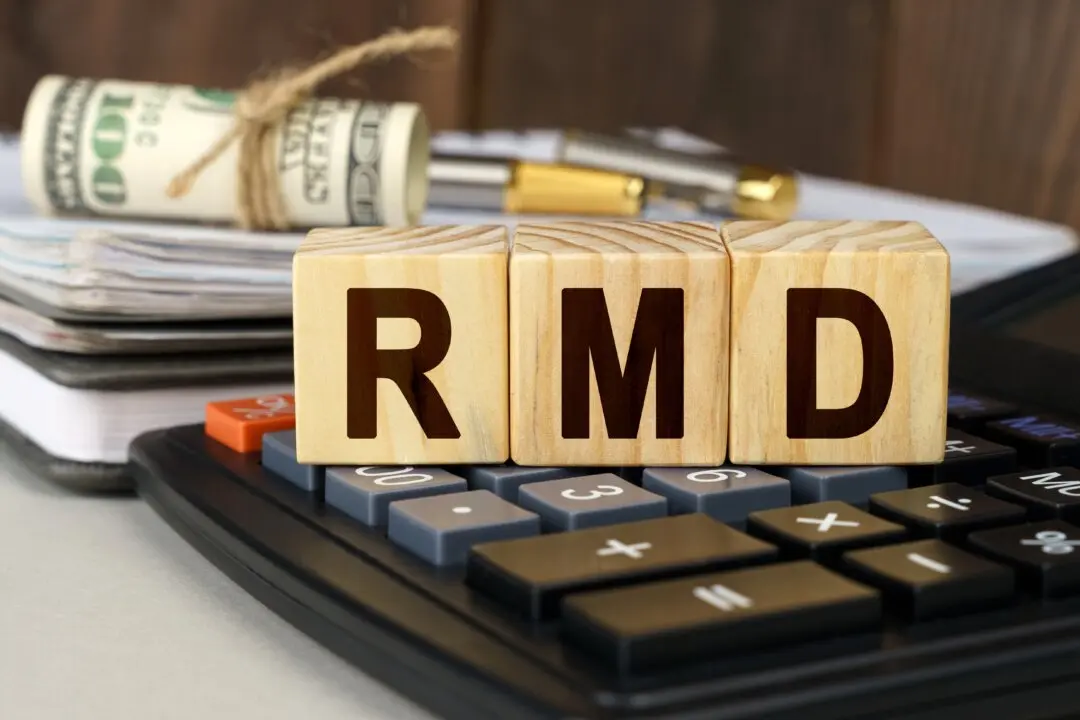The average cost of going to college is about $30,000 per year. So it could help to start saving for your child’s college education as soon as possible. And you can start investing in your child’s future now by opening a 529 college savings plan. You can think of it as a 401(k) for college expenses. But there’s more to it than that.
So let’s take a closer look.
What Is a 529 Plan?
A 529 college savings plan allows you to invest for a child’s college education and pay for expenses such as tuition, books, and supplies required for enrollment. It also offers distinct tax benefits, such as:- Earnings on your contributions that grow tax-free.
- Tax-free withdrawals as long as they’re used for qualified college expenses.
- In some states, state-level tax deductions or credits based on your contributions.
What Are Qualified Educational Expenses?
You can use your 529 plan funds tax-free on a variety of expenses, including the following:- College tuition and fees
- Room and board (for at least half-time students)
- Books and supplies required for enrollment
- Computers and internet access
- K–12 tuition (up to $10,000 per year per beneficiary)
- Student loan repayment (up to $10,000 lifetime limit per beneficiary)






